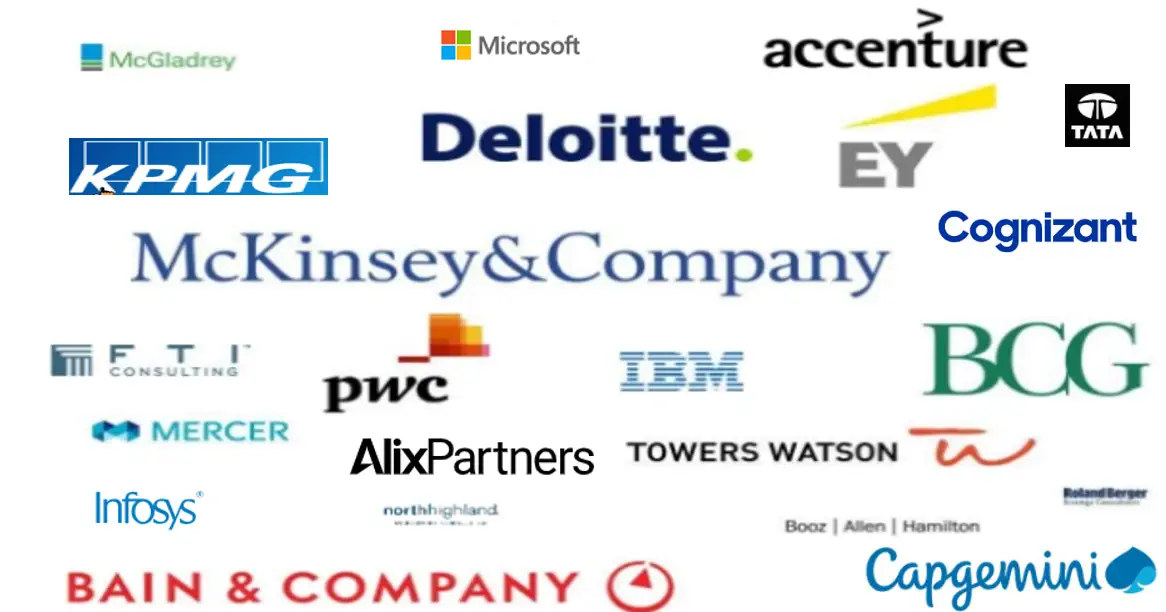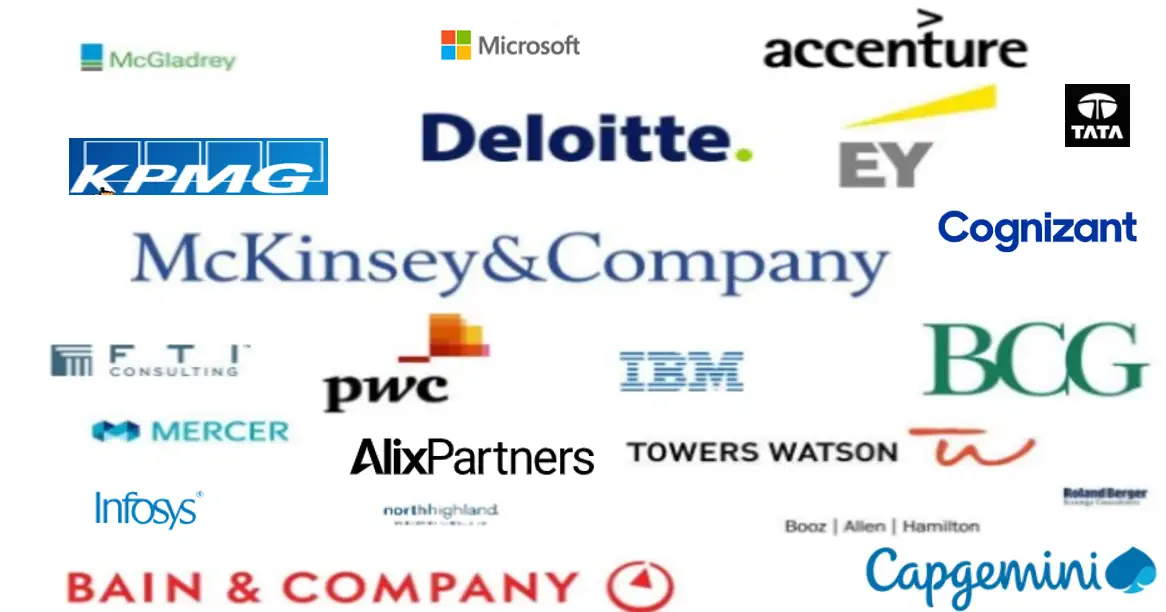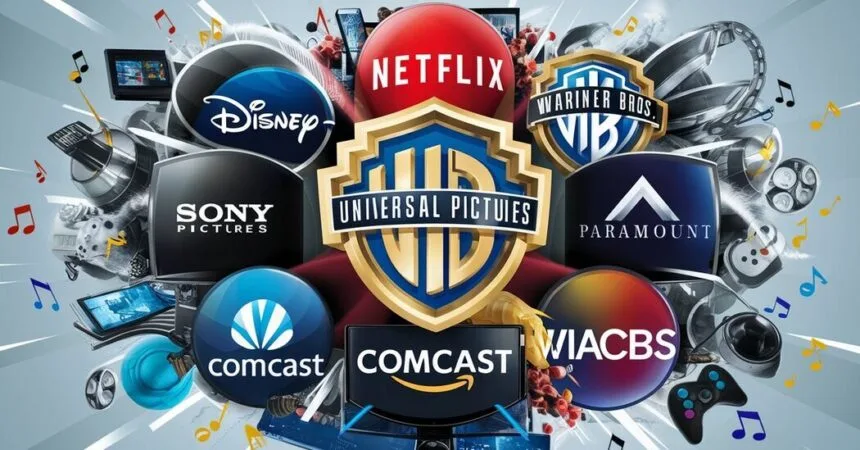
In the fast-paced world of entertainment—where creativity meets commerce—entertainment consultants play a pivotal role behind the scenes. Whether it’s movies, music, sports, television, digital media, or live events, these professionals help navigate the complex business, legal, marketing, and strategic aspects of the industry.
Suppose you’re wondering what an entertainment consultant does, how they help artists and businesses, and why they are essential in the U.S. entertainment industry. In that case, this article explains step-by-step.
Who is an Entertainment Consultant?
An entertainment consultant is a professional who provides expert advice, strategic planning, and industry insights to individuals and businesses in the entertainment sector. They help clients make informed decisions, optimize revenue, and enhance their brand presence.
Entertainment consultants work across various fields, including:
- Music (artists, labels, producers)
- Film & TV (production companies, directors, actors)
- Live Events (concerts, festivals, corporate entertainment)
- Digital Media (streaming platforms, influencers, content creators)
- Gaming & Esports (tournaments, brand collaborations)
Key Responsibilities of an Entertainment Consultant
1. Industry Research & Market Analysis
Entertainment consultants stay updated on trends, audience preferences, and market shifts. They analyze data to help clients make strategic decisions, such as:
- Identifying profitable niches
- Understanding competitor strategies
- Predicting industry trends
2. Career & Brand Development
For artists, actors, and influencers, a strong personal brand is crucial. Consultants help with:
- Brand positioning (defining a unique identity)
- Social media strategy (growing engagement)
- Public relations (managing media appearances)
3. Contract Negotiation & Legal Guidance
Entertainment deals involve complex contracts. Consultants (or those with legal expertise) assist with:
- Recording contracts (for musicians)
- Film/TV licensing agreements
- Sponsorship & endorsement deals
4. Revenue Optimization & Monetization Strategies
Many entertainers struggle with making money sustainably. Consultants provide solutions like:
- Merchandising strategies
- Streaming & royalty optimization
- Diversifying income streams (touring, Patreon, NFTs)
5. Event Planning & Production Support
From concerts to film premieres, consultants help with:
- Venue selection & logistics
- Sponsorship acquisition
- Audience engagement strategies
6. Crisis Management & Reputation Repair
When scandals or PR disasters strike, consultants step in to:
- Manage media fallout
- Rebuild public image
- Implement damage control strategies
Read More: Top 10 Entertainment Companies in USA by Revenue
Areas of Specialization
Entertainment consultants often focus on specific niches. These include:
| Specialization | Description |
| Film & TV | Script development, casting, production budgeting, distribution strategy. |
| Music Industry | Artist development, label negotiations, tour planning, digital streaming. |
| Live Events & Touring | Stage setup, travel logistics, security planning, and ticketing strategies. |
| Digital Content & Influencers | Branding for YouTubers, monetizing TikTok/Instagram content. |
| Gaming & eSports | Game launch strategies, sponsorships, and fan engagement. |
| Corporate Entertainment | Event planning for brand activations, product launches, or trade shows. |
Types of Entertainment Consultants
Not all consultants offer the same services. Some specialize in niche areas:
| Type | Focus Area |
| Music Consultant | Helps artists with production, distribution, and promotion |
| Film & TV Consultant | Assists with script development, funding, and distribution |
| Event Consultant | Plans and executes live shows, festivals, and corporate events |
| Digital Media Consultant | Optimizes YouTube, TikTok, and streaming strategies |
| Talent Manager Consultant | Bridges the gap between artists and agencies |
Who Needs an Entertainment Consultant?
Entertainment consultants work with a wide range of clients, including:
- Musicians, Actors, and Comedians
- Talent Agencies and Management Firms
- Film and Television Production Studios
- Event Organizers and Tour Promoters
- Record Labels and Music Publishers
- Streaming Platforms and YouTube Creators
- Corporate Brands Entering the Entertainment Space
Whether you’re a rising TikTok star or a major film studio, an entertainment consultant can give you a competitive edge.
Why Hire an Entertainment Consultant?
Here’s how they add value:
- Save Time & Money – Avoid costly mistakes with expert guidance.
- Access Industry Connections – Leverage their network for better opportunities.
- Strategic Growth – Develop long-term success plans instead of short-term wins.
- Stay Ahead of Trends – Adapt to changing audience behaviors.
Entertainment Consultant vs. Agent vs. Manager
These roles are often confused, but they’re quite distinct:
| Role | Primary Focus |
| Entertainment Consultant | Offers advisory services (business, legal, creative) without direct representation. |
| Agent | Books jobs and negotiates deals for talent (requires a license in many U.S. states). |
| Manager | Provides career guidance, branding advice and helps shape long-term goals. |
An entertainment consultant may collaborate with both agents and managers to ensure all angles are covered.
How to Become an Entertainment Consultant

If you’re considering this career path, here’s a step-by-step guide:
Step 1: Get Educated
Degrees in:
- Business Administration
- Marketing
- Entertainment Management
- Media Law
Step 2: Gain Industry Experience
Work at a:
- Talent Agency
- Production Company
- Record Label
- PR Firm
Step 3: Build a Network
Attend film festivals, music conferences, and industry mixers in cities like Los Angeles, New York, Atlanta, and Nashville.
Step 4: Specialize and Market Yourself
Niche down to become the go-to expert in one field—whether it’s music marketing, legal consulting, or influencer branding.
Costs and How They Charge
Entertainment consultants typically charge in one of the following ways:
| Model | Details |
| Hourly Rate | Common for short-term projects; ranges from $100–$500+ per hour. |
| Flat Fee | Fixed pricing for specific services like contract review or strategic plans. |
| Retainer | Ongoing monthly support, usually for management companies or major clients. |
| Commission-Based | Some consultants take a percentage of earnings (more common in talent development). |
How to Choose the Right Entertainment Consultant
Not all consultants are equal. Follow these steps:
- Check Their Experience – Have they worked with reputable clients?
- Review Their Specialization – Do they match your needs (music, film, events)?
- Ask for Case Studies – Can they show past successes?
- Understand Their Fees – Are they commission-based or flat-rate?
- Read Client Testimonials – What do others say about them?
Why Entertainment Consultants are Crucial in the U.S. Market

The U.S. entertainment industry—valued at over $700 billion—is incredibly competitive and diverse. From Hollywood films to independent artists rising on Spotify, the demand for expert guidance is high.
Consultants help clients:
- Navigate ever-changing digital trends
- Avoid costly mistakes
- Monetize content effectively
- Stay compliant with evolving laws (especially in California & New York)
In short, they turn creative dreams into profitable realities.
Final Thoughts
Whether you’re launching your first film or managing a global superstar’s tour, the role of an entertainment consultant can’t be overstated. They’re strategic partners, creative advisors, legal navigators, and industry insiders—all rolled into one.
If you’re serious about succeeding in the entertainment industry in the U.S., hiring an entertainment consultant might just be your smartest investment.
FAQs About Entertainment Consultants
Here are some common questions:
Q: How much does an entertainment consultant cost?
A: Fees vary—some charge hourly (100−500), while others take a percentage of deals (5%-15%).
Q: Can a consultant help independent artists?
A: Absolutely! Many specialize in guiding musicians, filmmakers, and creators.
Q: Do I need a consultant if I already have a manager?
A: Yes! Managers handle day-to-day tasks, while consultants provide high-level strategy.
Q: How do I find a reputable consultant in the USA?
A: Look for industry associations like the Entertainment Consultants Association or LinkedIn recommendations.






